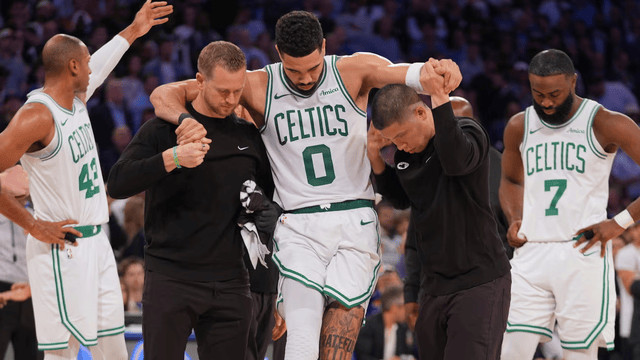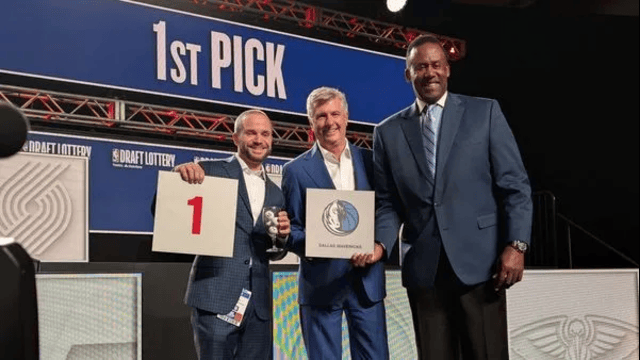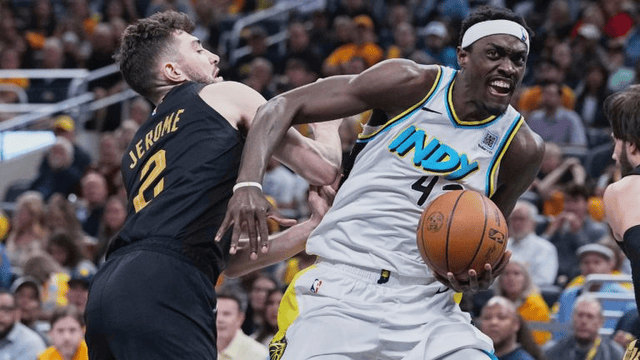
Former Cincinnati Reds player Pete Rose waves to fans on June 24, 2016, during a ceremony in Cincinnati honouring the 1976 World Series championship team, held before the Reds played the San Diego Padres. (AP Photo/John Minchillo, File)
In a landmark decision, Major League Baseball (MLB) has lifted the lifetime bans of Pete Rose and Shoeless Joe Jackson, paving the way for their Hall of Fame eligibility. Commissioner Rob Manfred announced the move on Tuesday, stating that individuals banned for life will now have their ineligibility expire upon death.
The decision directly affects 17 individuals, including the infamous eight Chicago Black Sox players banned for throwing the 1919 World Series and former Phillies president William D. Cox. Rose's reinstatement comes eight months after his passing at age 83 and just one day before the Cincinnati Reds plan to celebrate his legacy with "Pete Rose Night."
Pete Rose, a 17-time All-Star and baseball’s all-time hits leader, had been permanently banned from the game in 1989 after an investigation revealed he bet on Reds games while playing and managing. Despite multiple appeals over the years, MLB held firm on the ban—until now.
Shoeless Joe Jackson, another towering figure in baseball lore, batted .356 across his career and was one of the players accused of conspiring to throw the 1919 World Series. Jackson died in 1951, and his involvement in the scandal remains a topic of debate. His legacy, however, was revived in popular culture, notably through Ray Liotta’s portrayal in Field of Dreams.
MLB’s rule change does not guarantee Hall of Fame induction. Instead, Rose and Jackson become eligible under the Classic Baseball Era committee, which evaluates players whose prime years came before 1980. This panel convenes next in December 2027. Candidates must secure at least 75% of the vote from a 16-member committee to gain entry into the Hall.
In response to the decision, Jane Forbes Clark, chair of the Hall of Fame’s board, confirmed that players removed from the banned list are now eligible for consideration. This shift marks a potential turning point for long-dismissed legends who previously stood no chance due to their lifetime bans.
Not everyone agrees with the change. Marcus Giamatti, son of former commissioner Bart Giamatti—who signed Rose’s original ban—criticized the decision. He said his family was not consulted and warned that reinstating Rose threatens the very integrity his father sought to protect.
Rose's legal push for reinstatement was reignited by attorney Jeffrey Lenkov, with support from Rose’s daughter, Fawn. They met with Manfred in December 2023 and submitted a formal petition in January.
Interestingly, former U.S. President Donald Trump had voiced support for Rose and even mentioned plans for a posthumous pardon. While it's unclear how that might have influenced Manfred’s stance, the Commissioner has acknowledged discussing Rose with Trump in April but hasn’t disclosed details of that conversation.
Beyond baseball, Rose also faced legal troubles for tax evasion in the 1990s, serving time and repaying over $360,000 to the IRS. These issues contributed to MLB’s hesitancy in lifting his ban during his lifetime.
Now, with this historic policy shift, two of baseball’s most controversial figures could finally receive the recognition many fans have long believed they deserved.















